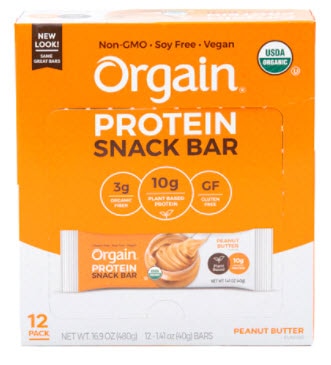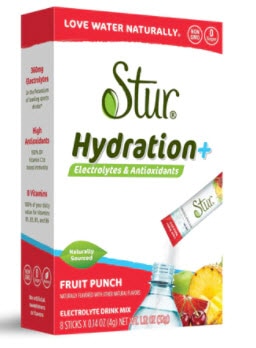If you want to give yourself whiplash, search online for studies that use search terms roughly mirroring the title of this piece. You’ll see some research saying it’s helpful to exercise on an empty stomach, mainly to burn fat, and other studies saying you should eat.
I’ll save you further pain: There’s long been debate over whether it’s good to work out in a fasted state. And a blanket yes/no is illusory due to various factors, such as the type of exercise you’re doing and what you last ate (more on both below).
“When we work out on an empty stomach, many biological processes can occur,” says Tibor Deme, a California-based sports nutrition specialist and founder of wellness company LifeBoostFit. “These depend on the length and intensity of the fitness activity.”
Notable physiological effects of exercising on an empty stomach:
– Blood glucose can drop below normal levels, and you may become lightheaded — or even faint.
– Depending on your food intake the previous day, you may burn energy or “fuel” from muscles rather than fat. “Not the workout we want!” Deme says. “We want to build muscle and burn energy from fat.”
– You can dehydrate easily, “which is dangerous,” Deme stresses.
Deme recommends a tailored pre-activity plate.
“Food intake prior to working out absolutely depends on the type of workout you have planned,” he says. Also, what you ate the night before matters because the human body digests different foods in different ways.
“Eat whole foods, a preferably plant-based meal consisting of energy-dense fruits and vegetables and those which contain essential proteins — spinach, beans, legumes, nuts — before embarking on your workout the following day,” Deme advises. “If you’ve eaten these kinds of foods the night before, you can easily work out the next morning having only eaten fruit or a light smoothie.
“But if you haven’t eaten these kinds of foods the night prior, you should consume a whole-food plant-based meal three hours prior to working out.”
What (and how) to eat pre-workout:
Cardio
Night before
salad
plant-based foods, such as grains and beans
healthy fats and healthy proteins, such as salmon, egg whites and/or nuts
Day of workout
One hour before cardio: bowl of fruit or a plant-based protein shake
Keep in mind
“During exercise, hydration is crucial,” Deme says. “Drink water with electrolytes. If your workout lasts an hour, drink at least a liter of water. Avoid Gatorade or other ‘sports drinks,’ which are full of added, processed sugar.”
Strength training
Night before
lean meats, such as turkey or chicken breast
egg whites combined with one egg yolk
plant-based foods that are protein-dense, such as peas, beans, lentils, hummus
Day of workout
One hour before strength training: plant-based protein shake or a smaller portion of night-before options — avoid animal protein, egg whites excepted. “Consuming animal-based protein will slow down your workout due to the fact that these foods take more time and energy to digest,” Deme notes.
Keep in mind
Protein intake should be higher for strength training. “Because we’re trying to build muscle and will be lifting heavy weights, we must push up our protein intake both the evening before and the day of the workout,” Deme says.
For higher athletic performance, to ensure muscle growth, Deme recommends a branched-chain amino acid beverage (BCAA) with electrolytes one hour prior to training, during training and after training.
All workouts
“This may seem obvious, but I feel I have to mention that alcoholic beverages are not recommended,” Deme says.



